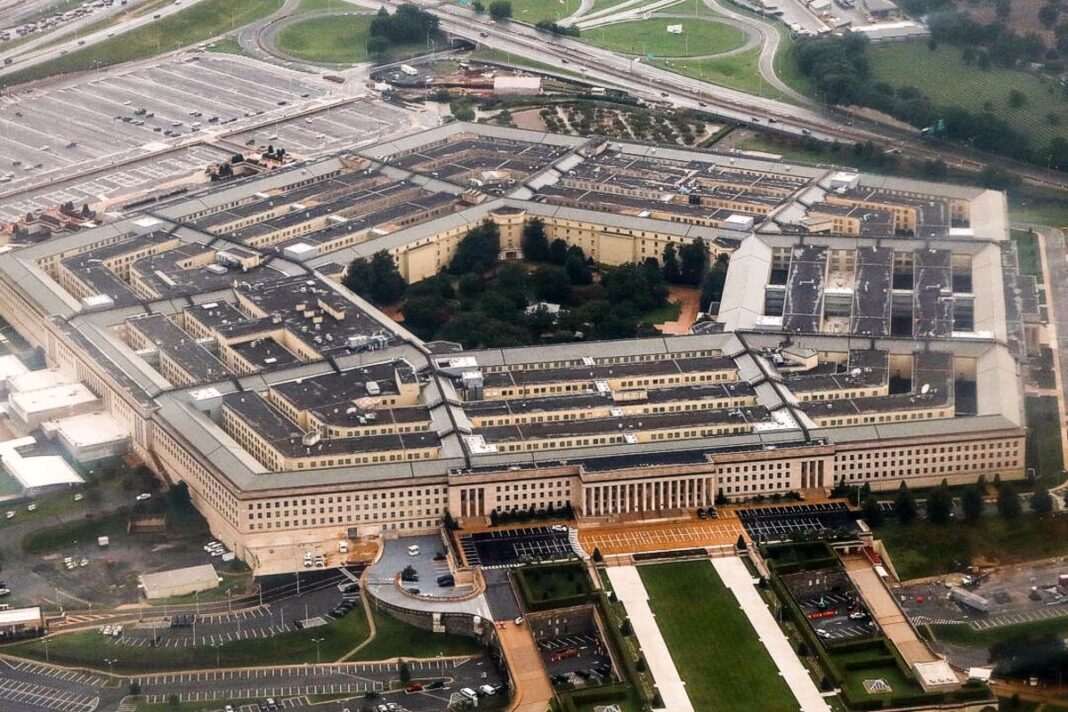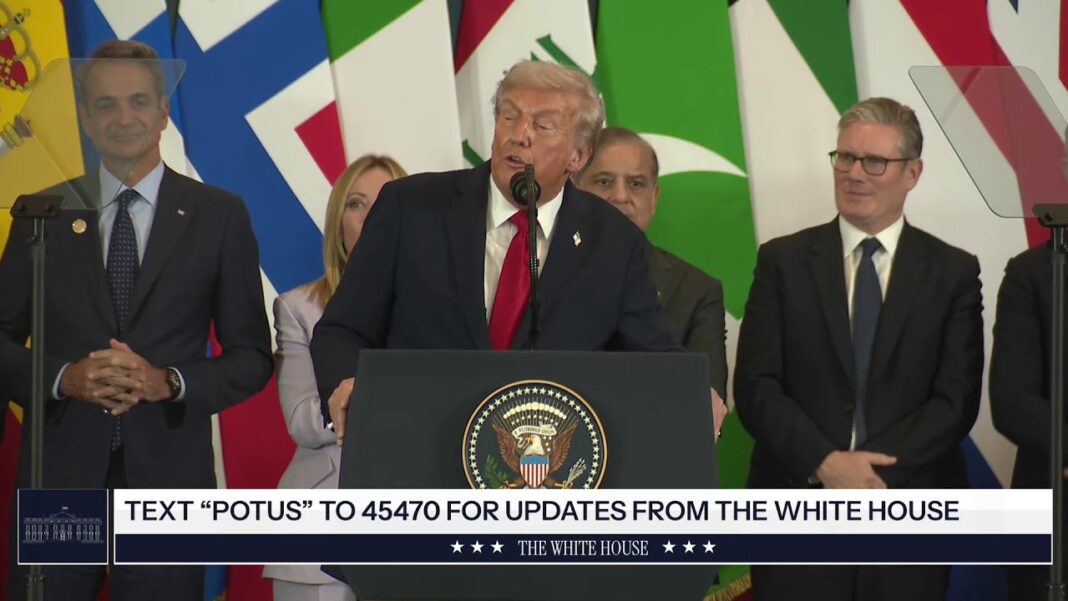Many U.S. troops were set to face their first missed paycheck on Oct. 15, as a federal government shutdown enters its third week.
President Donald Trump issued a new memorandum on Oct. 15 directing the Pentagon to use its available funds to continue paying U.S. military personnel during the government shutdown.
Congress has yet to pass an annual appropriation or even a short-term continuing resolution to fund the federal government.
The government shut down just after midnight on Oct. 1, and federal employees are expected to go without pay until lawmakers can pass a funding measure to reopen it.
U.S. troops were due to miss their first paychecks on Oct. 15, but Trump pledged to take steps over the weekend to ensure those troops would continue to receive their money on time.
In his Wednesday memorandum, Trump declared the potential lapse of pay for U.S. troops to pose an “unacceptable threat to military readiness and the ability of our Armed Forces to protect and defend our Nation.”
Accordingly, Trump said he had exercised his authority as president to direct Secretary of War Pete Hegseth and the Office of Management and Budget to use any funds from previous appropriations to pay both active-duty and reserve troops performing military services.
Thousands of National Guard troops have been called up to federal service and dispatched around the country in recent months to protect federal property and support law-and-order efforts in high-crime cities.
While Trump has taken steps to keep troops paid, he has also sought to fire other federal workers during the shutdown.
The White House has also suggested furloughed federal employees may not be entitled to back pay once the shutdown ends, in contrast to a 2019 law ensuring such payment.
At a press conference on Oct. 15, House Speaker Mike Johnson (R-La.) warned that Trump’s plan to keep the troops paid would not provide a long-term solution.
“The problem we have right now is that, in spite of President Trump’s heroic efforts to make sure they get paid, that is a temporary fix because the executive branch’s help is not permanent,” Johnson said.
By Ryan Morgan








